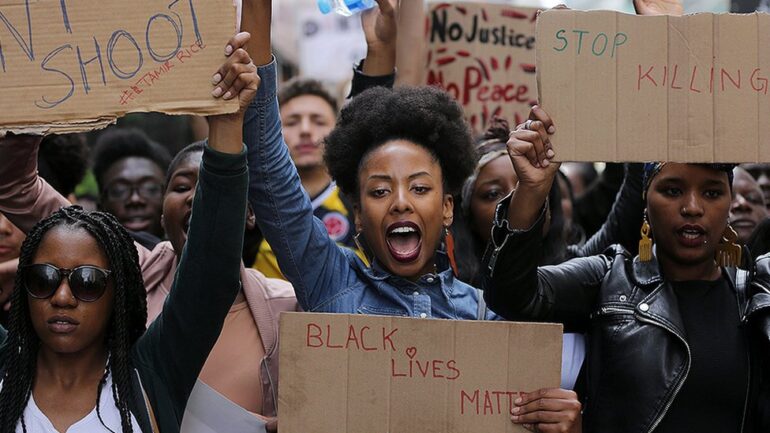In the wake of the recent Black Lives Matter movements all over the world, sparked by the unjust killing of George Floyd in Minneapolis, activists have been putting huge amounts of pressure on the British government. The campaign, led by a group called the ‘Black Curriculum’, have been asking for a review of the history syllabus for school students and have called for mandatory teaching of black history for all pupils. It seems as if exam boards have been reportedly in discussions about updating the course since summer, and changes are now looking likely for GCSE students.
Across England, Wales and Northern Ireland 16-year-old students embark on taking a series of exams called the GCSEs. History has always been a popular option subject for teenagers, however, a 2018 study suggested that BAME students were put off taking the history GCSE because minorities were never discussed outside the context of the slaver.
Yasmine Fosu, a 20-year-old from London spoke out about the lack of diversity in history lessons in schools. “The way I was taught history in school made it seem as though non-white history was completely separate from collective British history, which I thought was really unacceptable. For example, I don’t understand how we could spend two years of GCSE learning about the war and not once have any mention of Gurkha soldiers. My mum taught me about black history, but if you don’t have a parent to plug the gaps that education should be filling and you’re unable to seek out this information for yourself, I think it would make you feel marginalised and excluded. If what everyone’s learning about doesn’t include your community, how can you be expected to feel like you belong? Having said that, everyone needs to learn about black history, and not in a pointed way. It needs to not be tokenistic or patronising in its approach. Black history has to be taught because it’s the responsibility and obligation of this country. It’s not just for the benefit of black students, it’s not about doing them a favour. It’s just fulfilling the obligation of teaching well-rounded history.”
However, a recent update in the syllabus has recently been announced, with a purpose to teach about minority lives in key moments in history. Education ministers have been looking into how learning about Black history could be embedded into central topics of the course. For example, in the Nazi Germany course, students could be taught about the Black population of Germany at the time, and how the promotion of the Aryan identity impacted them. Black people living in Germany and Nazi-occupied countries at the time were social and economic outcasts who could not attend university or marry individuals of other races, and it is important that this kind of prejudice is taught in schools.



